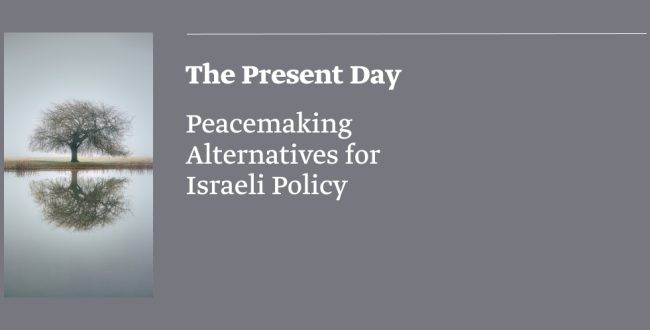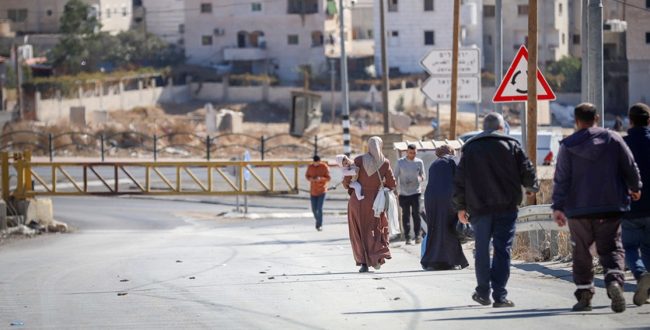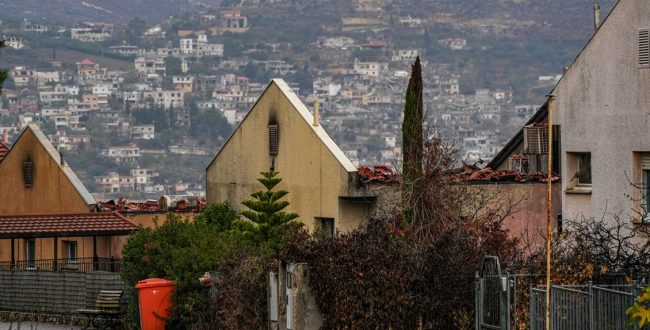“When I speak of the fear, intimidation, arrests and public shaming of intellectuals and religious leaders who dare to speak their minds, and then I tell you that I’m from Saudi Arabia, are you surprised?” Jamal Khashoggi, September 18, 2017, Washington Post
Since the disappearance of Saudi journalist, Jamal al-Khashoggi, the topic of dissent, free speech, and internal critique in the Kingdom of Saudi Arabia has emerged in international media and political discourse. Yet, for those familiar with the Kingdom’s history, dissent is hardly a new matter, and it is certainly not limited to Khashoggi’s critique of MBS’s crackdown on dissidents, “the majority of whom, at worst, are mildly critical of the government.” Numerous intellectuals and members of the ruling family have spoken out against repression and the lack of freedoms in Saudi Arabia, many of whom have been exiled and threatened.
Like many dissidents, Khashoggi spent the majority of his career working within the Saudi political system as a journalist and a state advisor. He served as editor of Al-Watan, a unique media platform in Saudi’s diverse southern province of Assir. In 2003, he was dismissed from his post for criticizing fourteenth-century Muslim thinker Ibn Taymiyya, who inspired Muhammad ibn Abd al-Wahhab, the founder of Wahhabism. Khashoggi subsequently served as an advisor to Prince Turki al-Faisal (the ex-director of intelligence, and former Saudi ambassador in London and later, Washington DC) and maintained a close relationship with Al-Waleed bin Talal (famed Saudi prince, businessman, investor, and owner of the Kingdom Holding Company. Talal chose Khashoggi to run a news platform Al-Arab from Bahrain that was shut down by the Saudi government several hours after its establishment). In 2007, Khashoggi returned to journalism in the Kingdom, where he continued to publish in various Arabic-language news outlets.
With King Salman’s rise to power in 2015, followed by his appointment of Mohammad bin Salman (MBS) as Crown Prince in 2017, Khashoggi, along with many Saudi intellectuals, businessmen, and members of the royal family, were stripped of their positions and rendered outside the ruling circle. He was banned from writing under the new regime, leading him eventually to go into self-imposed exile in the US and continue his journalism career at the Washington Post. “He is a defector from within the corridors of power of the Saudi regime,” which made his presence in the US even more threatening when he began writing critically about the Crown Prince’s reform agenda for an English speaking audience.
Khashoggi is not alone in his critique of Saudi state structures from within, as numerous dissidents are have defected from inside the royal family itself. Between 2015 and 2017, three Saudi princes living in Europe – Prince Sultan bin Turki Abdelaziz, Prince Turki bin Bandar bin Mohammed bin Abdurahman al-Saud, and Prince Saud bin Saif al-Nasr bin Saud bin Abdulaziz al-Saud – were kidnapped and transported to Saudi Arabia against their will. All three members of the royal family condemned government corruption and limited freedom of expression.
Today there are dissidents living outside the Kingdom, speaking out against MBS’s consolidation of power. Prince Khaled bin Farhan, exiled from the Kingdom in 2013, claimed to have avoided an attempted kidnapping similar to that of Khashoggi in September. In an interview that went viral, the dissident rejected MBS’s reform campaign, which marginalizes many members of the ruling family, who “are like the rest of the Saudi citizens, who are affected by the policies, but aren’t involved in making them.” Prince Khaled called upon the other members of the royal family to oust the Crown Prince, a scheme that he claims would be supported by 99% of the family and the military.
It is important to note that the above defectors have largely been concerned with the unjust distribution of power, an issue that has likely affected their lives directly, as marginal or oppressed members of the political system. additionally, however, there are Saudi dissidents who voice critical opinions regarding the regime’s treatment of all its citizens, such as Dr. Madawi al-Rasheed, who has written several books about the regime’s unfair treatment of women and intellectuals, as well as a critical history of the Kingdom. In an interview following Khashoggi’s disappearance, Al-Rasheed expressed that she does not consider the journalist a dissident, as his critique was more connected to his personal conflict with the current ruler than the Kingdom’s record of human rights violations. As such, al-Rasheed uses her platform as a respected intellectual to condemn the system as opposed to specific individuals or trends within the regime.
Similarly, Prince Talal bin-Abd al-`Aziz, formerly referred to as the Red Prince, rebelled against the regime’s structure and promoted the establishment of a constitution, full rule of law and equality for all Saudi citizens. He served as Minister of Communications and Minister of Finance and National Economy until he established the Free Princes Movement in 1958, inspired by Arab Nationalism and the Free Officers Movement in Egypt, after which he became active in promoting a plan to instill a constitutional monarchy. Today, Prince Talal attempts to generate reform from within, leading social programs throughout the region, such as Arab Gulf Program For The United Nations Development (AGFUND) and the Center for Arab Women for Training and Research. He has also been involved in establishing the non-profit Arab Open University.
Dissent in the Kingdom of Saudi Arabia takes many forms, from Princes dissatisfied with their share of power and wealth, to individuals courageously risking their careers and status for the good of all Saudi citizens. It is important to acknowledge the agency and impact of such courageous individuals as we observe the Kingdom’s rapidly changing social and political atmosphere.

















